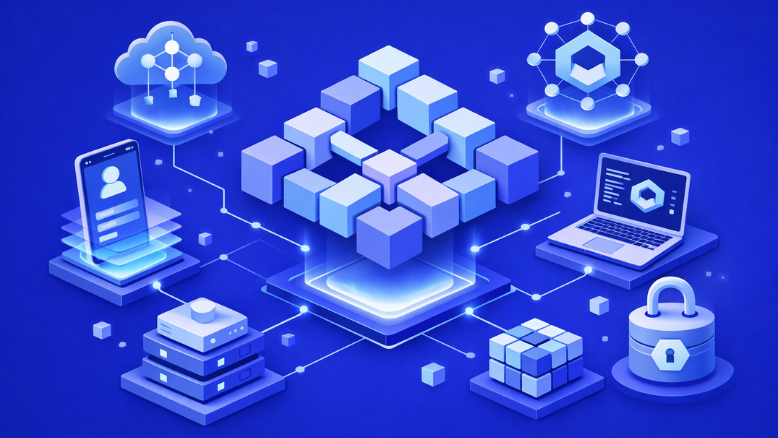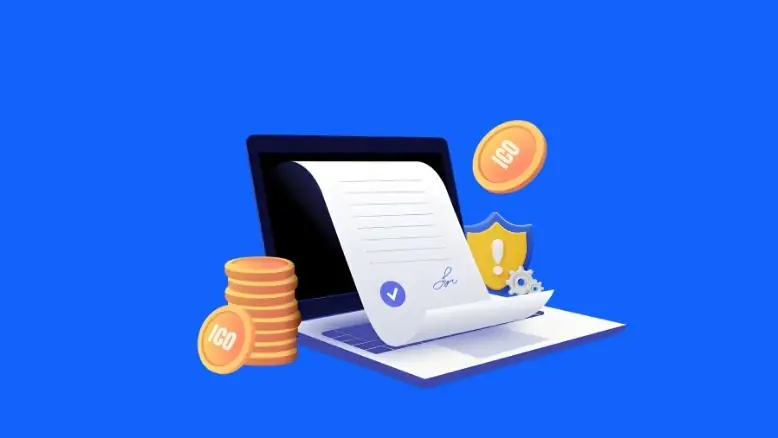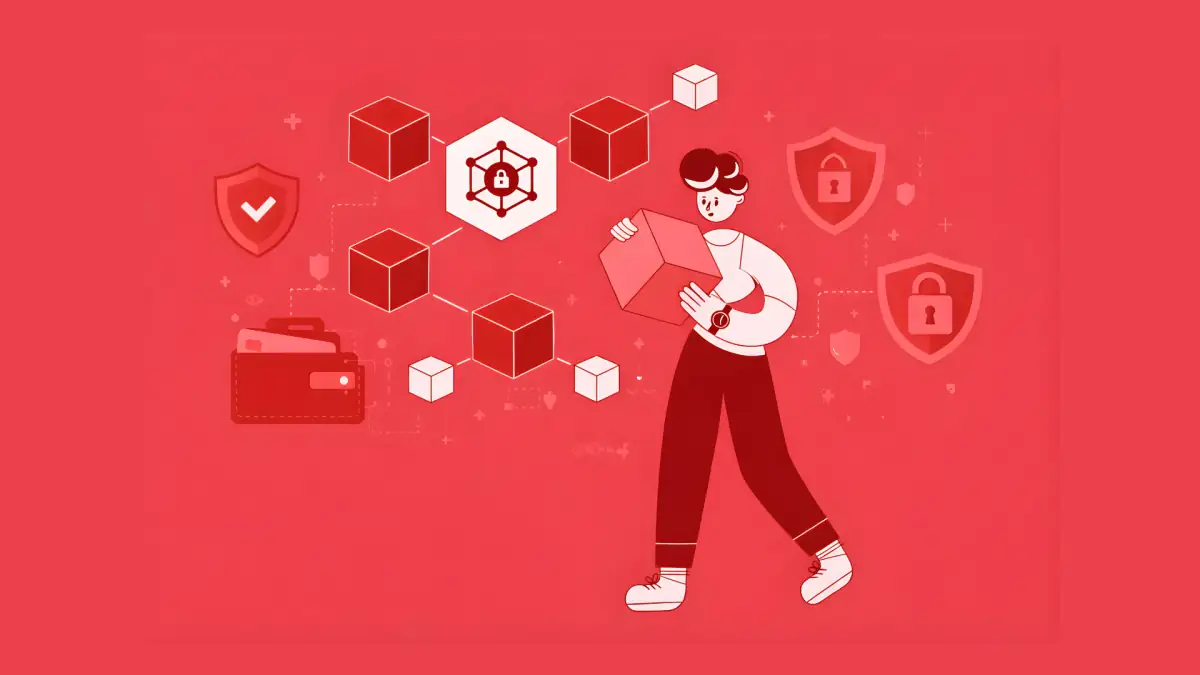Imagine a digital ledger that’s not only transparent but also tamper-proof—this is the essence of blockchain technology. At its core, blockchain is a decentralized and distributed database that records transactions in a secure and transparent manner. Each transaction is stored in a block, and every block is linked to the previous one, forming a continuous chain. What makes this system incredibly secure is that each block contains a unique cryptographic hash. Once added, it’s virtually impossible to alter the data in a block without changing every subsequent block, which requires consensus across the entire network.
How New Blockchain Apps Are Changing Industries?
Welcome to the world of Blockchain Technology! It’s like a digital book that keeps records of transactions in a super safe and clear way. Each transaction is stored in a block, and these blocks are all linked together. It’s impossible to change anything because each block has a special code that locks it in place. And in 2024, there’s a bunch of cool New Blockchain Applications popping up, bringing fresh ideas and lots of potential. One exciting development is the use of Real-World Data Oracles, which help connect blockchain networks with real-time external data, making smart contracts even more powerful and reliable.
Blockchain Application in 2024
In 2024, blockchain technology is breaking new ground and finding its way into various industries, revolutionizing processes and creating opportunities for innovation. Let’s delve into some of the exciting new applications.
-
Supply Chain Management:
One of the most promising areas for blockchain adoption is supply chain management. Using blockchain, companies can transparently and immutably track the movement of goods from origin to destination. This ensures greater accountability, reduces the risk of counterfeit products, and enhances efficiency throughout the supply chain.
-
Healthcare:
In the healthcare industry, Blockchain Development Company can improve data management and security. Patient records stored on a blockchain can be securely accessed by authorized healthcare providers, ensuring seamless continuity of care while maintaining patient privacy. Additionally, blockchain can be used to track the authenticity of pharmaceuticals, reducing the prevalence of counterfeit drugs.
-
Voting Systems:
Blockchain-based voting systems have the potential to revolutionize the way elections are conducted. By leveraging the transparent and tamper-resistant nature of blockchain, governments can enhance the integrity of electoral processes, minimize the risk of fraud, and increase voter participation. Blockchain voting systems can provide a secure and verifiable way for citizens to cast their votes from anywhere in the world.
-
Digital Identity Management:
Traditional identity management systems are often centralized and prone to security breaches. Blockchain offers a decentralized alternative, where individuals have greater control over their digital identities. By storing identity information on a blockchain, users can securely access services and authenticate themselves without relying on third-party intermediaries.
-
Real Estate Transactions:
Buying and selling real estate typically involves complex and time-consuming processes. Blockchain technology can streamline these transactions by providing a secure and transparent platform for recording property ownership and facilitating transfers of title. Smart contracts can automate the execution of real estate agreements, reducing the need for intermediaries and minimizing the risk of disputes.
-
Intellectual Property Rights:
Protecting intellectual property rights is a significant challenge in the digital age. Blockchain technology can help creators establish ownership of their work and enforce copyright protection more effectively. By timestamping creative content on a blockchain, artists, writers, and innovators can prove the authenticity and ownership of their intellectual property.
-
Decentralized Finance (DeFi):
DeFi platforms have gained traction in recent years, offering innovative financial services without the need for traditional intermediaries. In 2024, blockchain technology is expected to further fuel the growth of DeFi by enabling new decentralized lending, borrowing, and trading solutions. Smart contracts on blockchain networks facilitate peer-to-peer transactions, allowing users to access financial services directly, securely, and efficiently.
-
Climate Change Mitigation:
Blockchain technology can play a role in addressing climate change by enabling transparent and traceable carbon offset markets. By recording carbon emissions and offsets on a blockchain, organizations can verify the environmental impact of their activities and incentivize sustainable practices. Blockchain-based solutions can help track renewable energy production, manage carbon credits, and promote eco-friendly initiatives.
-
Education and Credentialing:
Blockchain technology has the potential to revolutionize the way educational credentials are verified and shared. By storing academic records and certifications on a blockchain, individuals can securely manage their educational achievements and share them with employers or academic institutions as needed. Blockchain Development Solutions play a crucial role in building these secure and transparent credentialing platforms. Blockchain-based credentialing systems can reduce the risk of credential fraud and streamline the hiring process for employers.
-
Artificial Intelligence and Machine Learning:
Blockchain and artificial intelligence (AI) technologies can complement each other to create more robust and trustworthy AI systems. Blockchain can be used to securely store and share data for AI training purposes, ensuring data privacy and integrity. Additionally, blockchain-based consensus mechanisms can enhance the transparency and auditability of AI algorithms, building trust in AI-powered applications.
Conclusion
In conclusion, Blockchain Technology is ready to revolutionize different industries in 2024 and beyond. It’s not just about managing supply chains or healthcare anymore; now, it’s also changing how we vote and handle real estate deals. With blockchain, everything is transparent, secure, and decentralized, opening doors to New Blockchain Applications. This means organizations can find fresh ways to innovate, work more efficiently, and build trust in our digital world.







